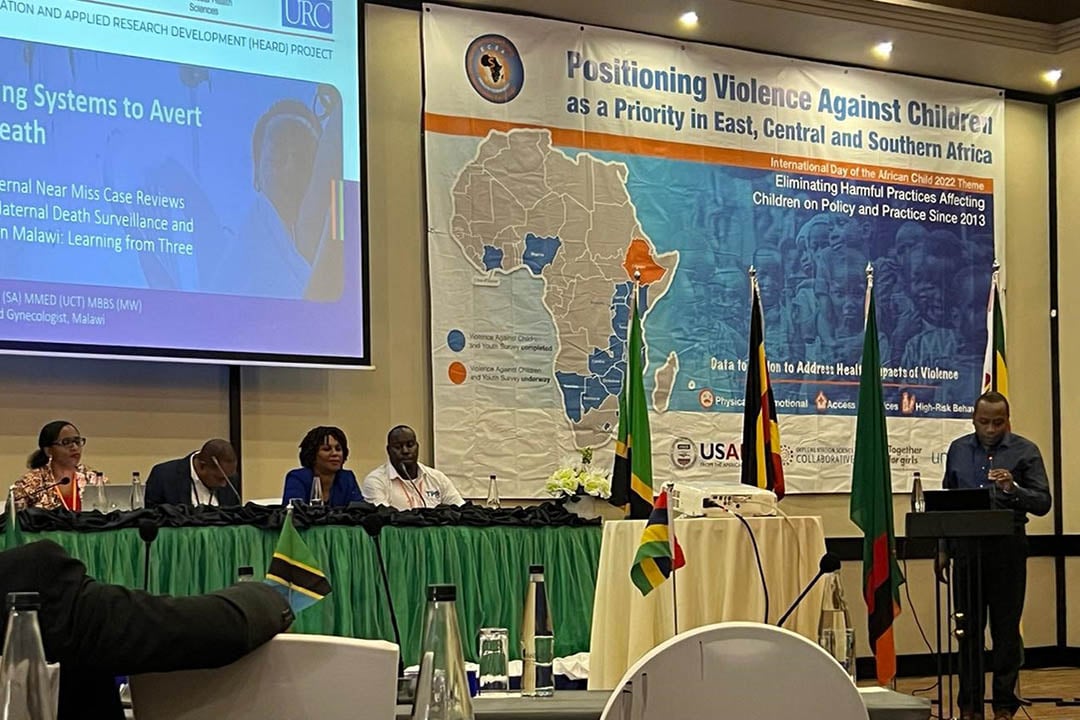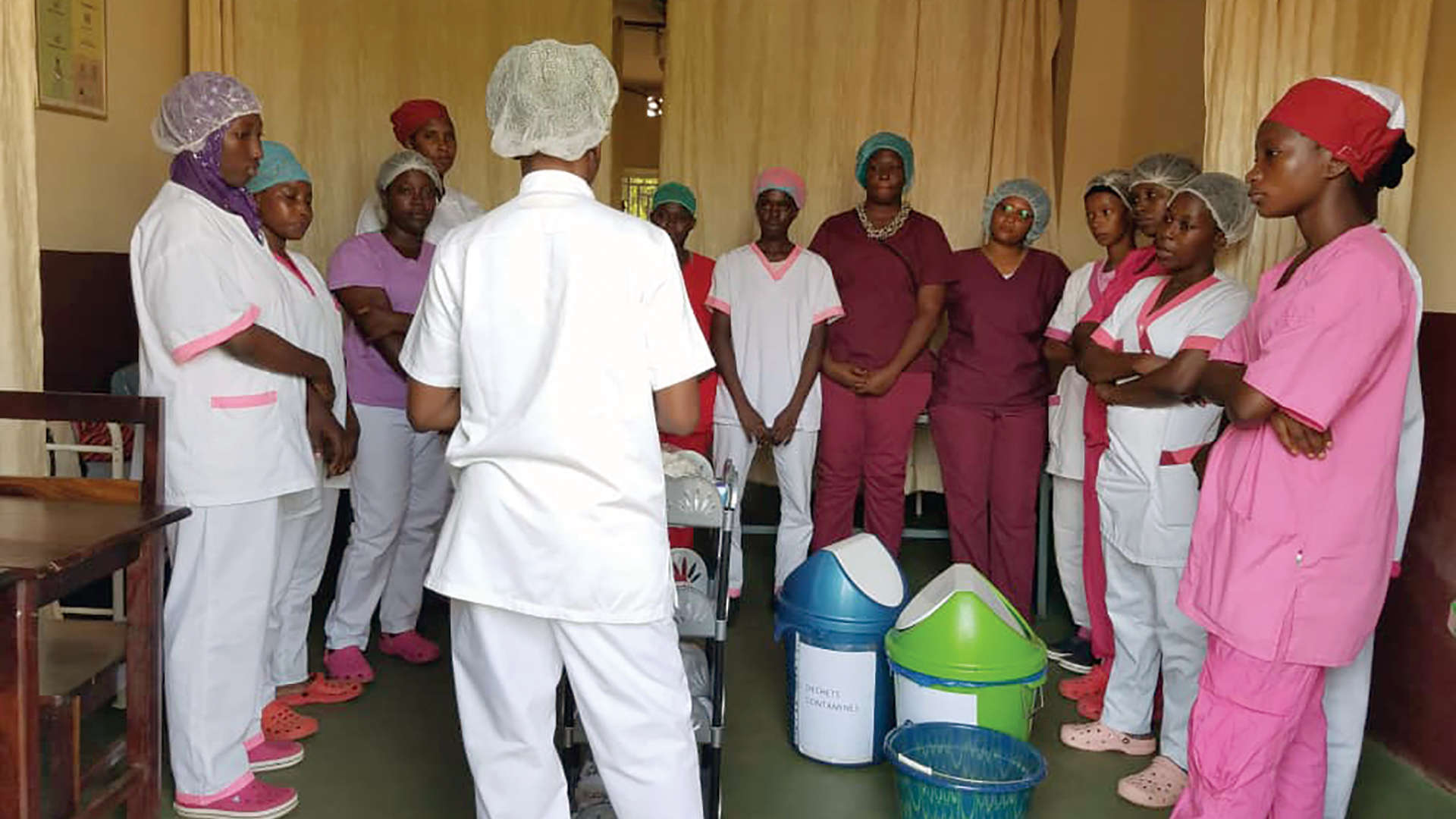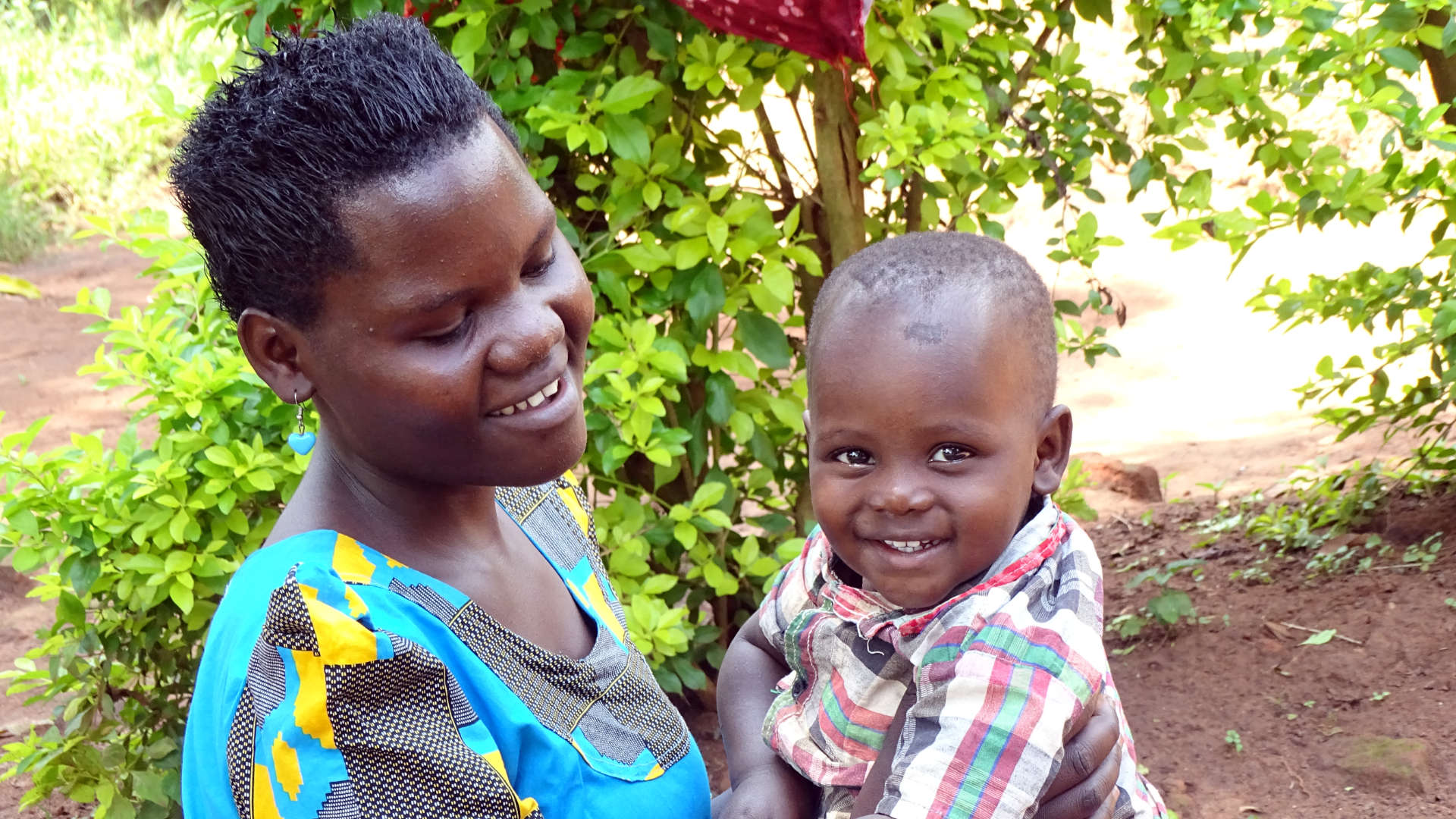Strategic partnership is at the heart of the Implementation Science Collaborative (ISC), the major output of USAID’s Health Evaluation and Applied Research Development (HEARD) Project. Comprised of a diverse set of partners from regional health bodies, government stakeholders, implementers, researchers, and advocates, the ISC has facilitated the use of data to improve health interventions, practices, programs, and policies in 19 low- and middle-income countries across seven regions since 2016.
An Exemplary Mechanism for Change in East, Central, and Southern Africa
One of the strongest examples of this is the ISC’s regular engagement at the East, Central and Southern Africa Health Community’s (ECSA-HC) Best Practices Forum (BPF) and follow-on Health Ministers Conference (HMC). ECSA-HC serves as Sub-regional Anchor partner for the ISC. With its secretariat based in Tanzania, ECSA-HC is an intergovernmental health organization comprised of nine member states that serves as a platform for debate, agenda-setting and evidence-to-policy translation opportunities. Their bi-annual BPF is a scientific conference that concludes with the ECSA-HC Director’s Joint Consultative Committee, which then sends recommendations for ministerial resolutions to the ECSA-HC HMC.
Resolutions generated in this forum are key tools for influencing national policy and accountability within member states. The process of developing resolutions at the ECSA-HC’s HMC invites a broader network of stakeholders to work together toward making resolution objectives a reality.
The ISC has seen resolutions passed as a result of presenting its work at three BPFs, and through presentations directly to health ministers at the HMC. In 2017, 2018, and 2023, ISC partners shared findings, respectively, from respectful maternity care (RMC) research in Tanzania and Kenya, an urban nutrition assessment from Tanzania, Kenya and Uganda, and a Violence Against Children and Youth Surveys (VACS) global landscape analysis. In each case, dialogue stimulated on these topics and findings during the forum culminated in recommendations shared at the ECSA-HC HMC. There, health ministers consider the evidence presented, and based on this data, can approve relevant resolutions to drive national and regional change.
Respectful Maternity Care at the Forefront

Although each resolution passed is a major milestone in the journey toward change, the ISC’s respectful RMC work, and corresponding resolution, has gained the most momentum. Before 2017, when ISC partners presented findings from cutting-edge implementation research (Kenya, Tanzania) detailing manifestations of disrespect, abuse, and promising approaches for advancing RMC, the term RMC was not widely used or understood.
We have made great progress since these initial steps to address RMC. At this month’s 2023 International Maternal Newborn Health Conference in Cape Town, South Africa, RMC is at the forefront of most discussions. And at the 2023 Tanzania Nursing and Midwifery Leaders Forum, ISC partners shared implementation evidence to drive action toward promoting respectful and compassionate care.
The Genesis of Changemaking Conversation
Awareness and sensitization around RMC was reinforced during a plenary session held at the 2017 BPF, where ISC partners Africa Academy for Public Health and University of California, San Francisco (UCSF) presented on how implementation science partnerships can advance RMC. The ISC supported, engaged, and promoted two types of activities: (1) a landscape of promising approaches in Africa, led by UCSF and (2) case studies to document what approaches are being implemented, including potential for them to be institutionalized, sustained, scaled, and replicated in other contexts. During the plenary, ministers from the region also shared their country-specific reflections on the need to address mistreatment during childbirth.
The forum concluded with the ECSA-HC’s Director’s Joint Consultative Committee recommending RMC as a priority action area, which positioned the topic for discussion at the HMC. The conference culminated in the passage of a set of resolutions, including one recognizing the need to address RMC using implementation science approaches.
Over the course of the HEARD Project, the deliberate leadership of ECSA-HC within the ISC has helped leverage a policy pathway that has enabled learning across countries and set the stage for real change.



